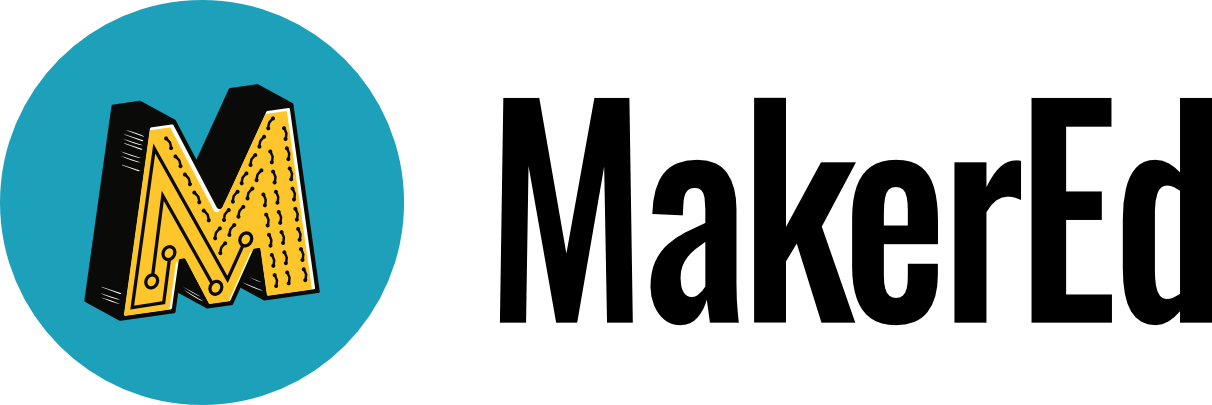![]()
The Open Portfolio Project (OPP) aims to develop a common framework for documenting, sharing, and assessing learning through portfolios. Open portfolios are openly networked, decentralized, and distributed systems of documentation, curation, and reflection, which can showcase a learner’s abilities, interests, and voice in a way that test scores and grades cannot. Especially for students who may not excel in academics or high-stakes testing, portfolios allow for both themselves and others to recognize the skills and ideas they have to offer and contribute. Inherent to the creation of a portfolio is the process of reflecting on one’s work, curating what’s most appropriate for an intended audience, and designing an artifact to articulate that evolution of learning and making.
An ongoing collaboration between Maker Ed and Indiana University’s Creativity Labs, the first phase of this project, which took place between October 2013 and March 2015, surveyed existing literature on traditional as well as e-portfolio systems and situated our current work within the long history of portfolio development. An extensive site survey and 10 field site visits to youth-serving organizations across the country also uncovered the use of existing tools and means for learner documentation, reflection, and curation. Phase 1 resulted in a comprehensive set of findings compiled as our Open Portfolio Project Research Brief Series.
The second phase, under way between August 2015 to August 2017, extends the findings of the first phase and investigates the utility of portfolios as a compelling alternative to traditional means of assessment, such as grades. In addition, the second phase informs the development of a guiding framework and philosophy for a portfolio system that can be created and accessed by any learner, independent of any institution, website, or platform. Educators and youth will be able to clearly demonstrate learning and growth, while their practices illuminate larger conversations around alternative approaches to learning assessment.
Findings from both phases of the research inform in-person workshops that Maker Ed offers and leads for educators and practitioners. These professional development opportunities give educators the space to experience and apply documentation, curation, and reflection practices. Find out more about our fall 2016 workshop and learn how our first practitioner-facing workshop engaged educators from across the country in a sustained conversation around documentation practices.
This project is generously funded by the Gordon and Betty Moore Foundation.
